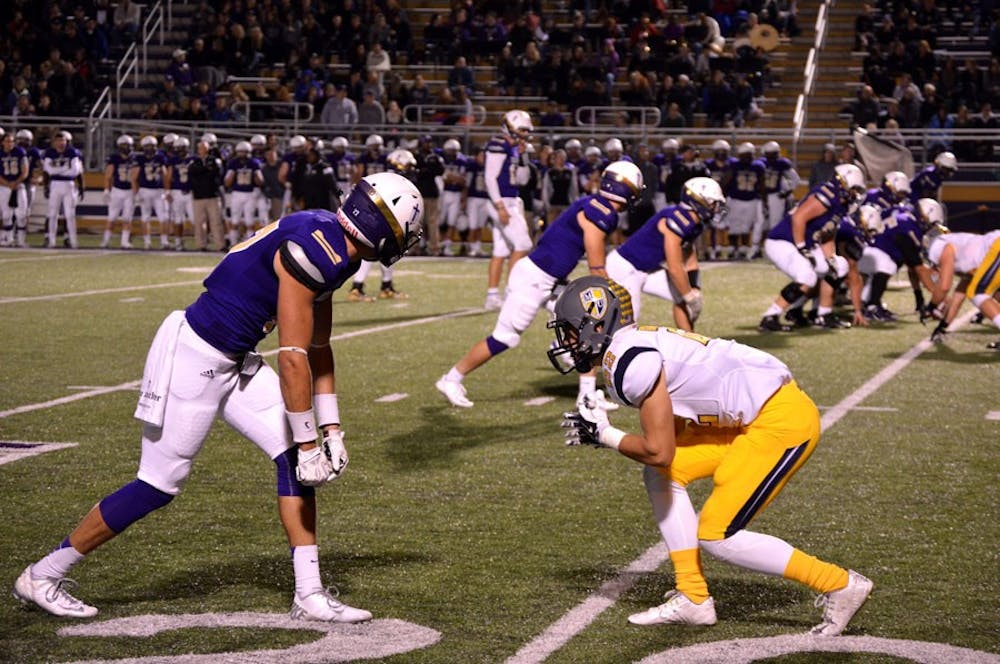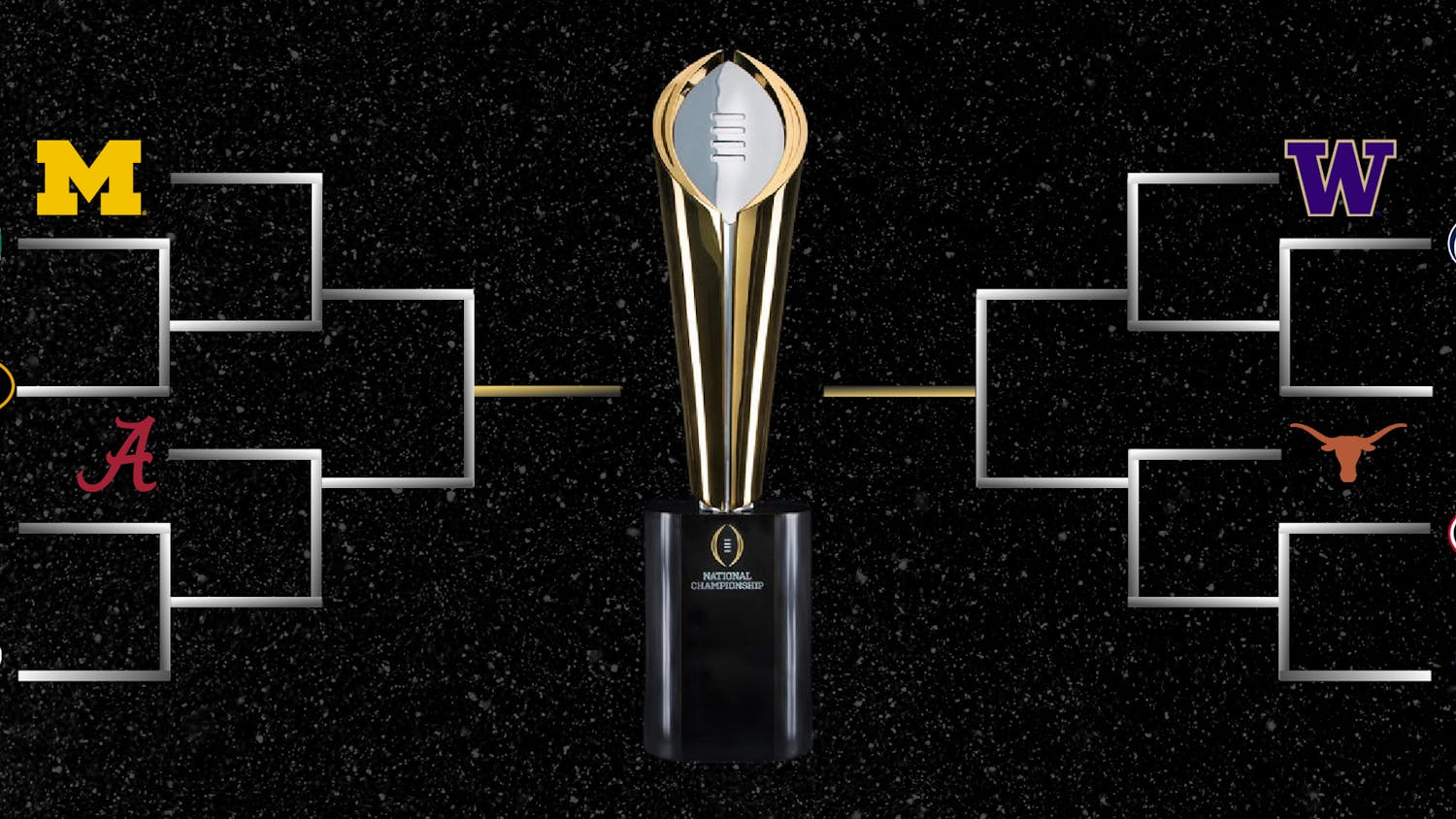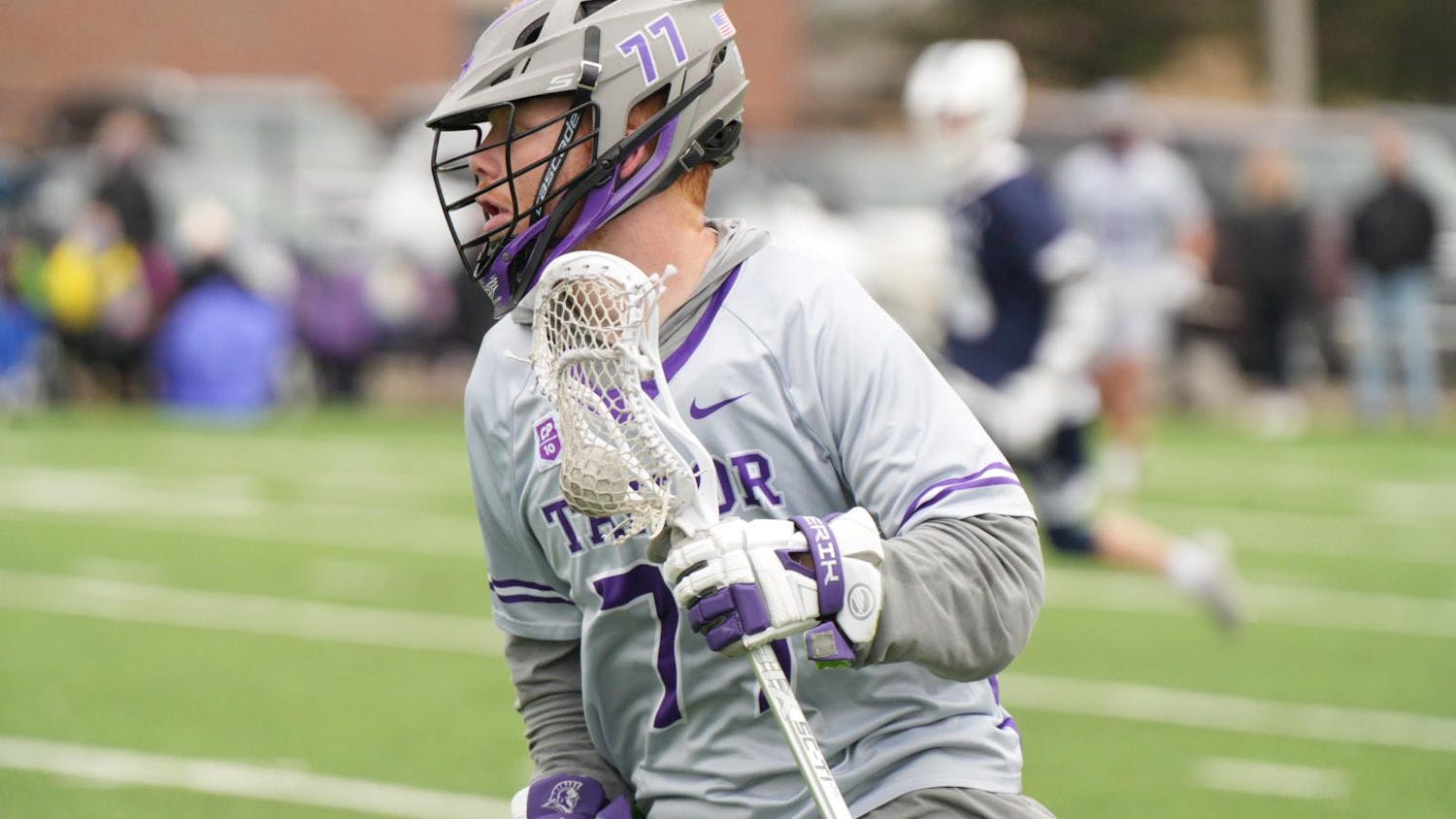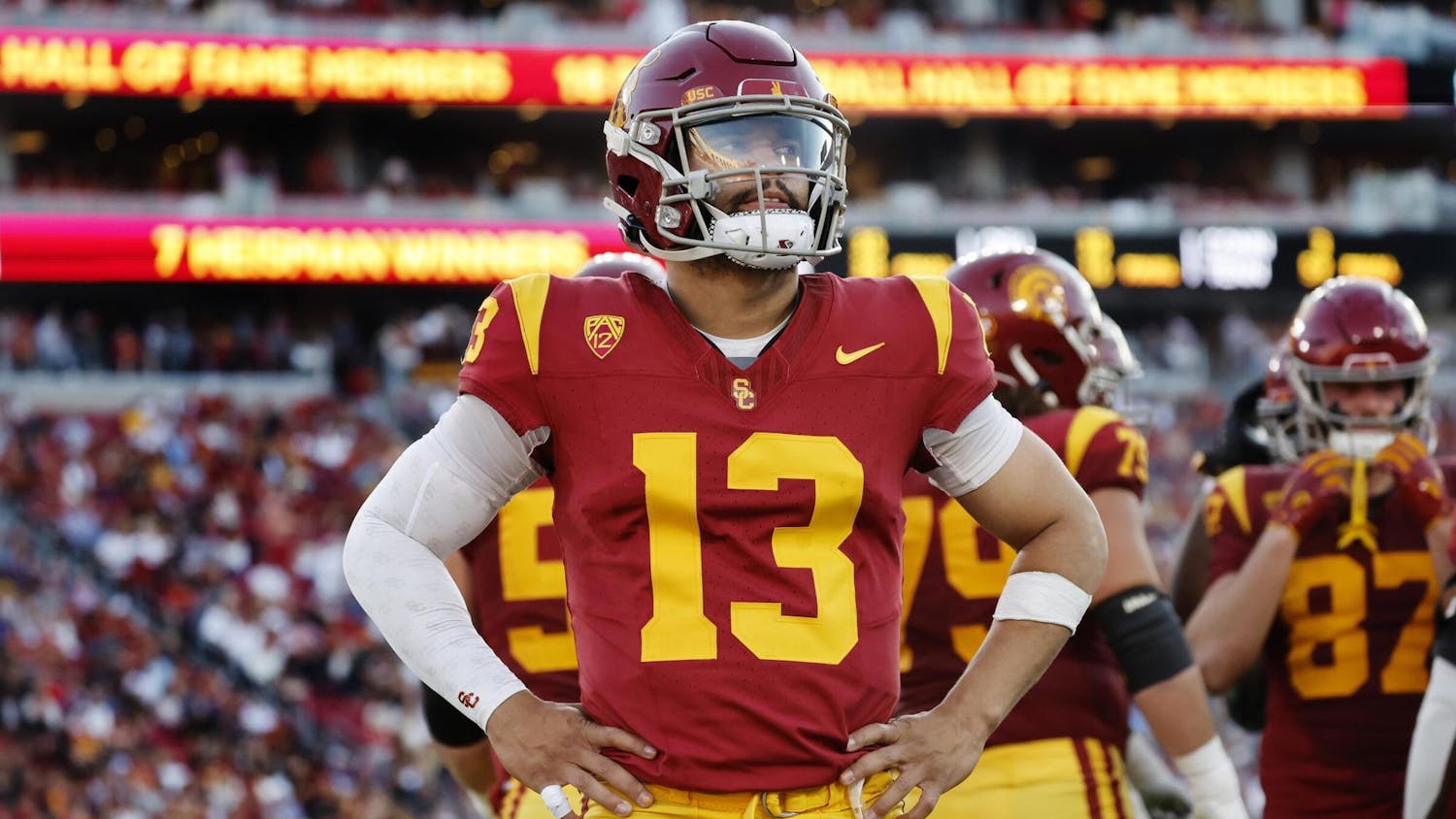By Wilson Alexander | Contributor

The game of football is at a crossroads.
Another NFL season is in the books, and although Super Bowl 50 is likely to be the most-watched TV event of the year and the League's revenue is higher than it has ever been, dark clouds are gathering on the horizon for the sport.
Recent scientific discoveries have shed light on the harm the game does to players because of repetitive head trauma and concussions. These have been linked to long-term cognitive damage and chronic traumatic encephalopathy (CTE), a degenerative brain disease. The NFL's ignorance of these issues, highlighted in the movie "Concussion" and the book "League of Denial," has only exacerbated this issue.
These revelations about the game and the NFL have played an undoubtedly big role in the decreased youth participation in football. President Obama has admitted that if he had a son, he might not let him play the sport. However, I don't think that any of the problems facing football today necessarily mean that the game should go away.
Before going any further, I must give a disclaimer. I am biased on this issue; I have played football my whole life, I am on the team here at Taylor and I love the game. I have experienced everything that is good about it and I have no doubt that I am a better person because I've played football.
The concussion problem facing the game is real, but it needs to be separated from the way in which the NFL has dealt with it. People often project the NFL's faults onto the entire sport and criticize the latter when most of the problems are with the former. Many of the former NFL players with CTE played the game for decades during a time when head injuries weren't taken as seriously as they are now. To criticize college, high school or even youth football for a problem that is (in my opinion) confined to the NFL is unfair.
CTE and concussions are very serious and have exposed some flaws in the game, but judgment should be suspended concerning their long-term effects on both the individuals who suffer from them and football itself. The science behind their link to the sport is still young. Treatments need time to develop, and new rules that make the game safer need to take effect.
In the midst of all of the hysteria over the potential harm the game can cause, we must not lose sight of the good that the sport has to offer. Football has helped many boys grow up by teaching character, resiliency, courage and a number of other life lessons in a way that is impossible to replicate in a classroom. Football is also beautiful, a fact that most casual observers often fail to appreciate. Playing the game takes a rare combination of brains and brawn, incorporating elements reminiscent of a chess match, ballet recital and MMA fight. Each autumn, the men on the gridiron amaze us with their breathtaking feats of speed, power and intelligence.
As the sport of football has become increasingly polarized, two different perspectives have emerged. One side calls for the immediate destruction of the game, exaggerating its dangers and understating its benefits. The other side overcorrects, and, blinded by its love of the game, ignores football's problems.
Football is neither as bad as its harshest critics claim nor as good as its most passionate proponents assert; the truth is somewhere in the middle. While the game can be appreciated (and does have a lot to offer), its downsides need to be recognized and addressed. We need to acknowledge the complexity of the game and the controversy surrounding it. Instead of rushing to extreme positions, we should work to make it safer. This situation requires a nuanced approach that is lacking in the current debate over the game. It's more complex than the extremes, but it is the most accurate, honest and productive way of looking at the situation.





